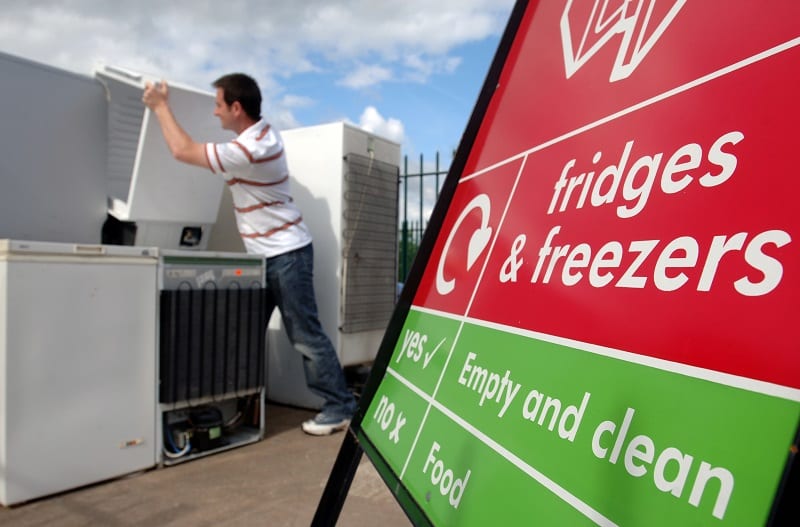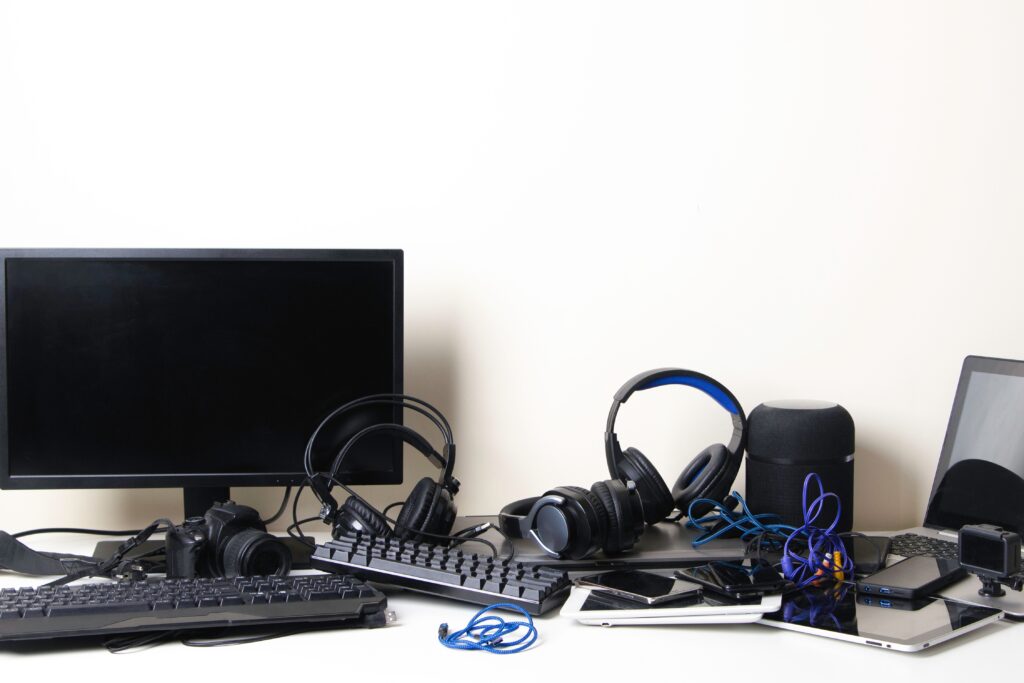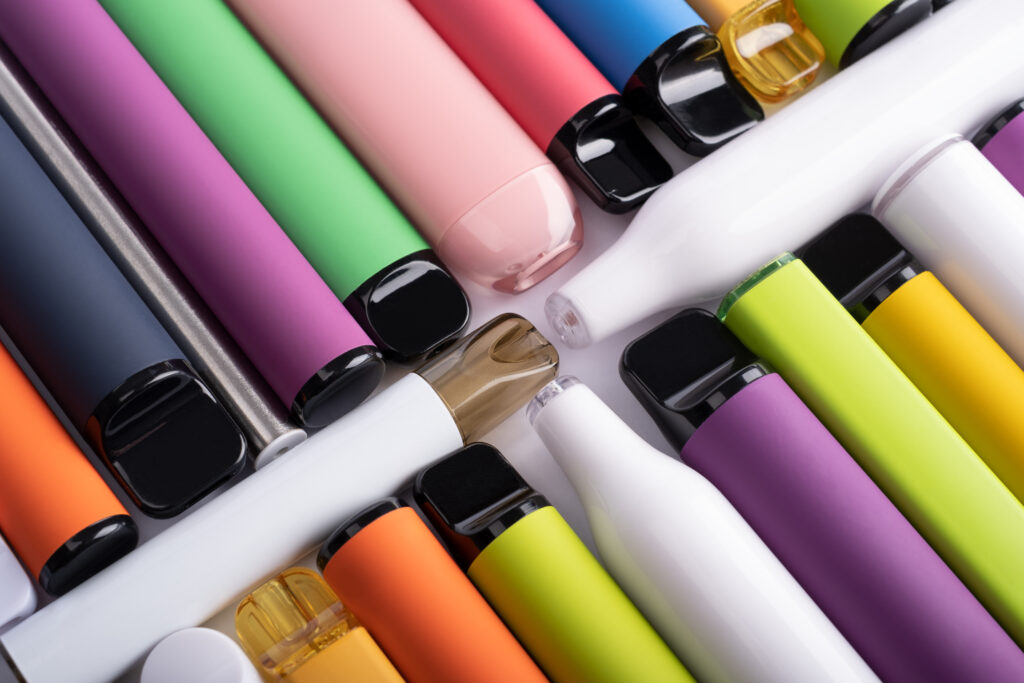This could have major implications for household waste and recycling centres (HWRCs) as one of the measures will see a requirement for the removal of replaceable batteries from small mixed WEEE ”before mechanical treatment”.
This has been trialled in the past but is a time consuming exercise for HWRC operators.
The Agency ran an online consultation on the appropriate measures for eight weeks between 12 July and 5 September 2021 (see letsrecycle.com story).
At the same time, the environmental regulator also consulted on the associated, proposed technical guidance for waste cooling equipment. It published a summary of the responses to both yesterday (11 May).
Appropriate measures are the standards operators need to meet to comply with their environmental permit requirements.
‘Improvements’
The Agency’s guidance is intended to “provide improvements in the operation of permitted facilities in the WEEE treatment sector” and “make relevant standards clear, consistent and enforceable”, the Agency says.
A number of responses raised concerns about the “lack of clarity” on the scope of the guidance, the Agency says.
The environmental regulator says it will amend the introduction to the guidance to make it clearer that it applies to all newly permitted or “substantially changed” waste facilities that accept WEEE for transfer or treatment, including metal recycling sites and household waste sites.
The Agency says it received 25 responses to the online consultation, including eight from operators of permitted waste management facilities, seven from producer compliance schemes and five from WEEE trade associations, bodies and forums, among others.
Findings
Several responses “challenged the statement” that sites transferring or treating WEEE under an exemption should follow the relevant parts of the guidance, the Environment Agency says. However, it adds that others wanted the wording strengthened to make it compulsory.

The Agency says it will amend the wording to “make it clearer” that if operators of exempt sites follow the guidance, this will help them to comply with the exemption.
There was “overwhelming support” for measures intended to reduce the fire risk posed by lithium-ion batteries in WEEE, the Agency says, while the requirement to remove replaceable batteries from small mixed WEEE before mechanical treatment also received “strong support”.
Waste cooling equipment
As a result of its consultation on appropriate measures for permitted facilities which treat waste cooling equipment, the Environment Agency says it will change the term used to waste temperature exchange equipment (WTEE).
The Agency said: “We decided to do this because the primary function of some relevant equipment (for example, heat pumps) is not necessarily associated with cooling.”
A “significant number” of responses raised concerns about the 90% blowing agent minimum recovery rate for the stage 2 treatment of waste cooling equipment, the Agency says. As such, it says it will revise the guidance to include an additional annual assessment of blowing agent recovery, based on treating a representative sample of waste cooling equipment, to which the 90% recovery rate will apply.
The requirements for assessing and reporting refrigerant recovery from stage 1 degassing treatment plant will “largely stay as detailed” in the consultation draft, the Agency says, while the maximum storage time for waste cooling equipment stated in the guidance will stay as three months.
Enclosed building
The Agency ran the consultation soon after it dropped plans to include a default rule to see permitted waste operations take place in an enclosed building (see letsrecycle.com story).
The consultation on standard rules for WEEE sites includes a requirement to carry out processing “using enclosed equipment or in an enclosed building”. However, this is not as controversial for WEEE recyclers, as most of this already takes place indoors.
Related link










Subscribe for free